Navigating the world of food labels can be an intentionally confusing experience. From complex chemical names to misleading marketing claims, products often conceal ingredients you actively want to avoid, making true dietary clarity feel out of reach.
Our intelligent AI was designed to cut through this noise. It does more than just scan; it meticulously decodes and analyzes the fine print on thousands of product labels from a vast and constantly growing database. Our system understands the nuances of food science, cross-referencing ingredients to uncover hidden allergens, artificial additives, and unwanted sugars—even when they are disguised under unfamiliar names.
The result is clear, actionable information at your fingertips. We help you make truly informed and healthier choices by instantly identifying any ingredient that doesn’t meet your personal preferences or dietary goals. This empowers you to shop with absolute confidence, certain that the products you choose align perfectly with your commitment to wellness.

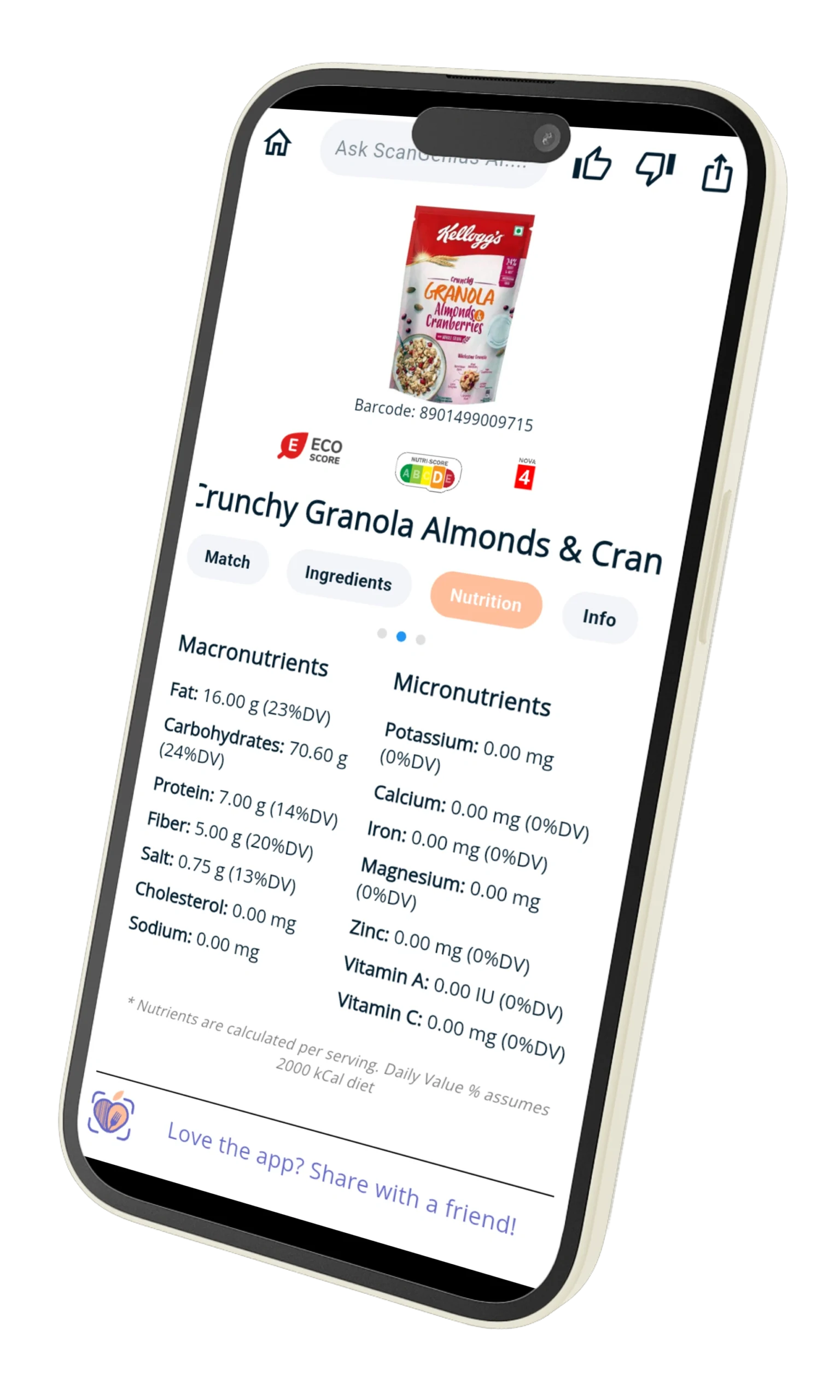
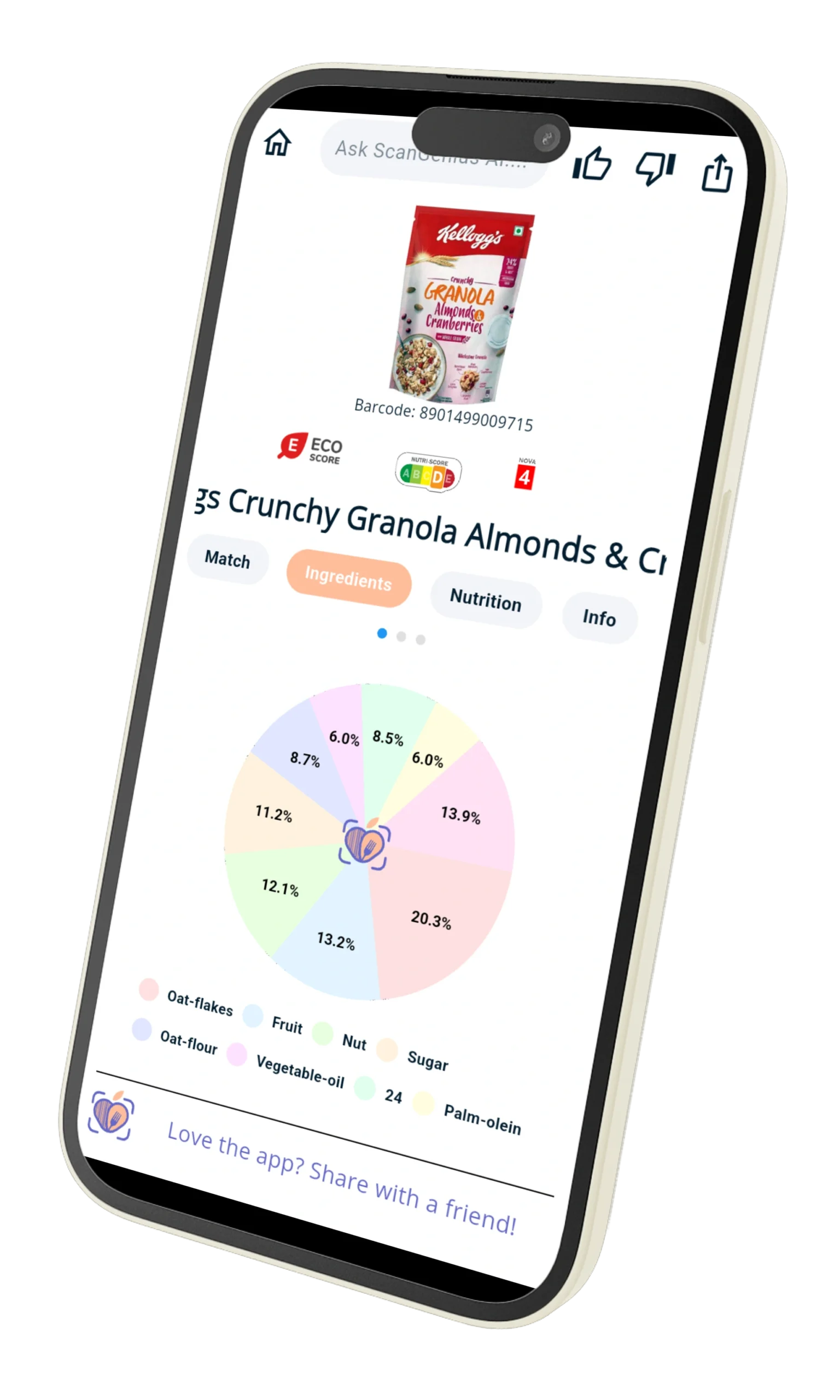

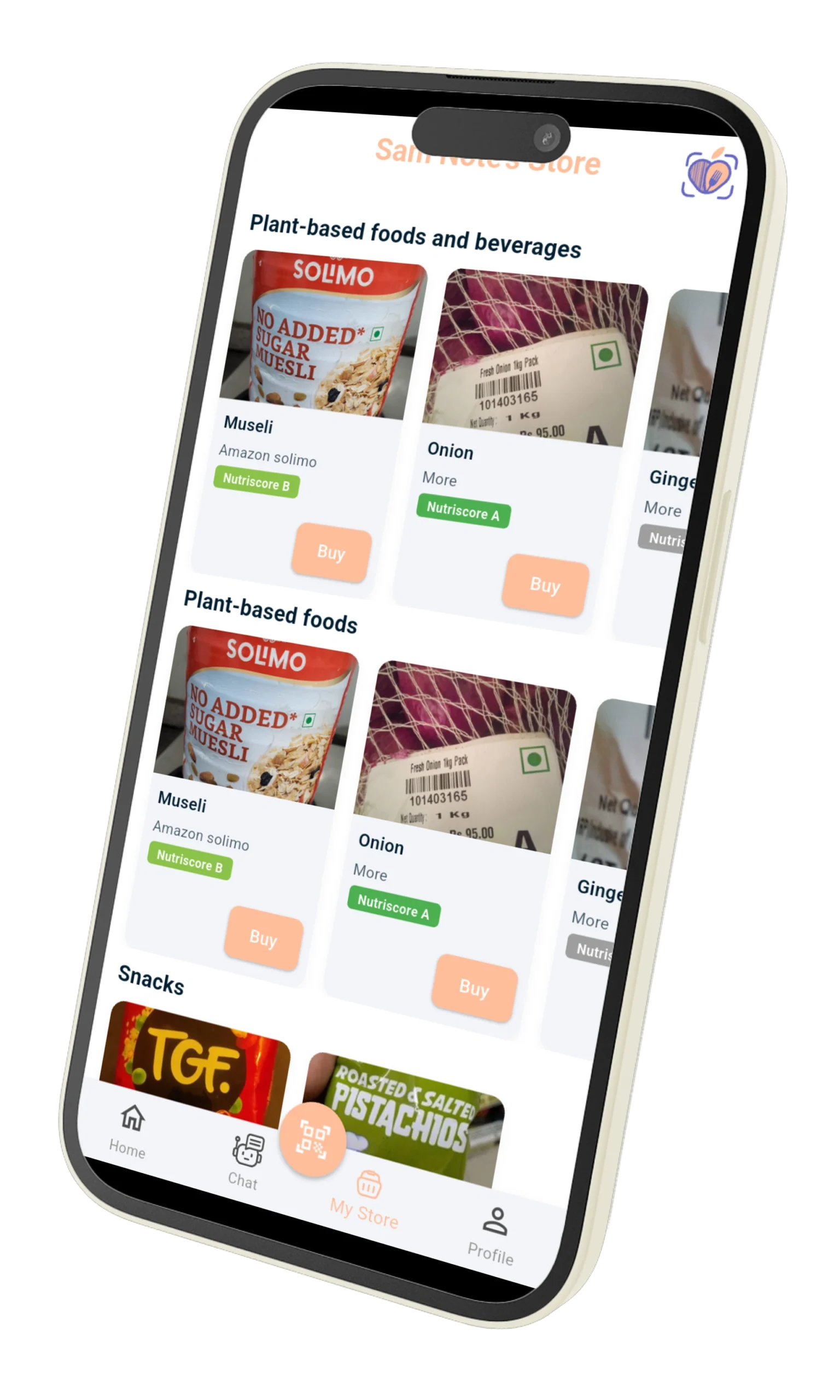



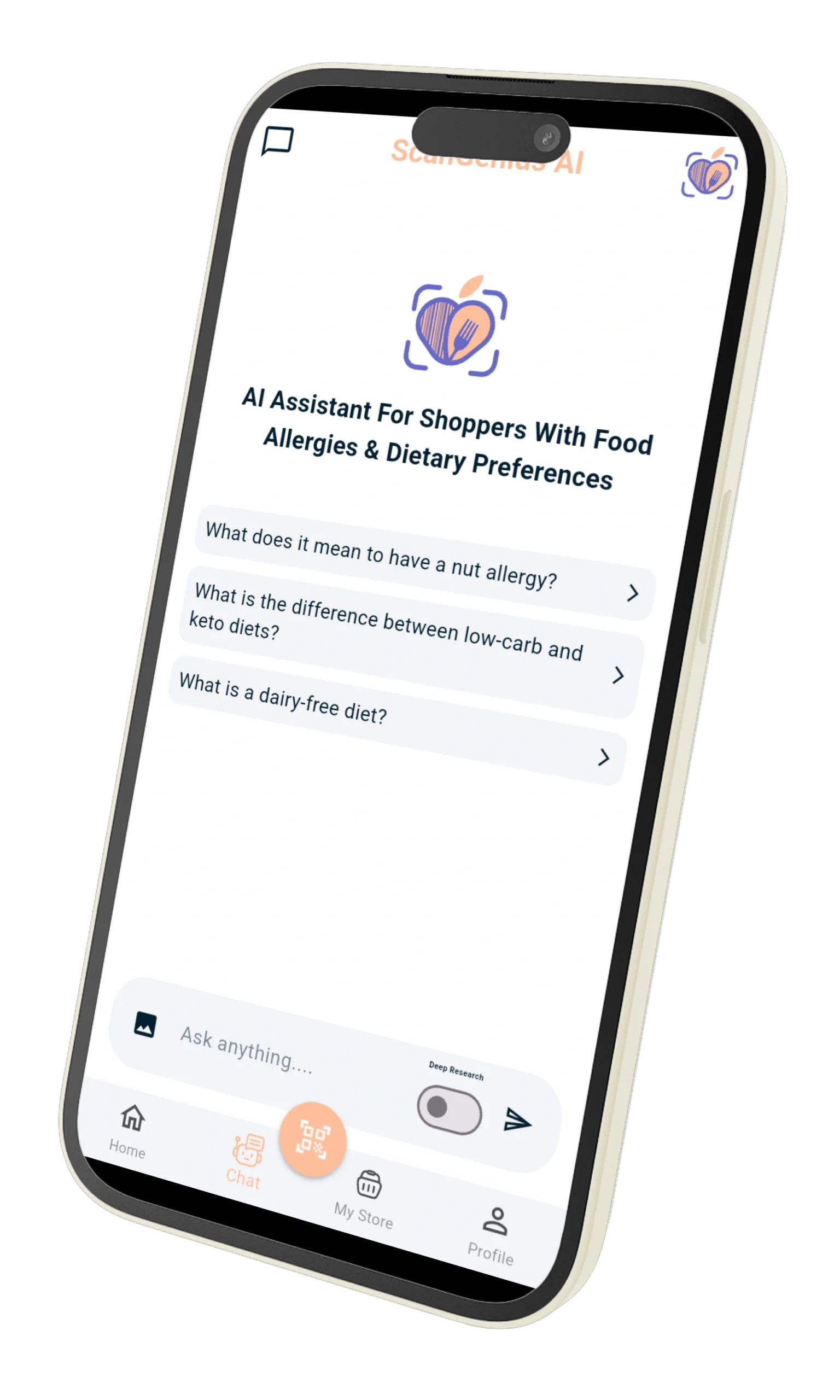
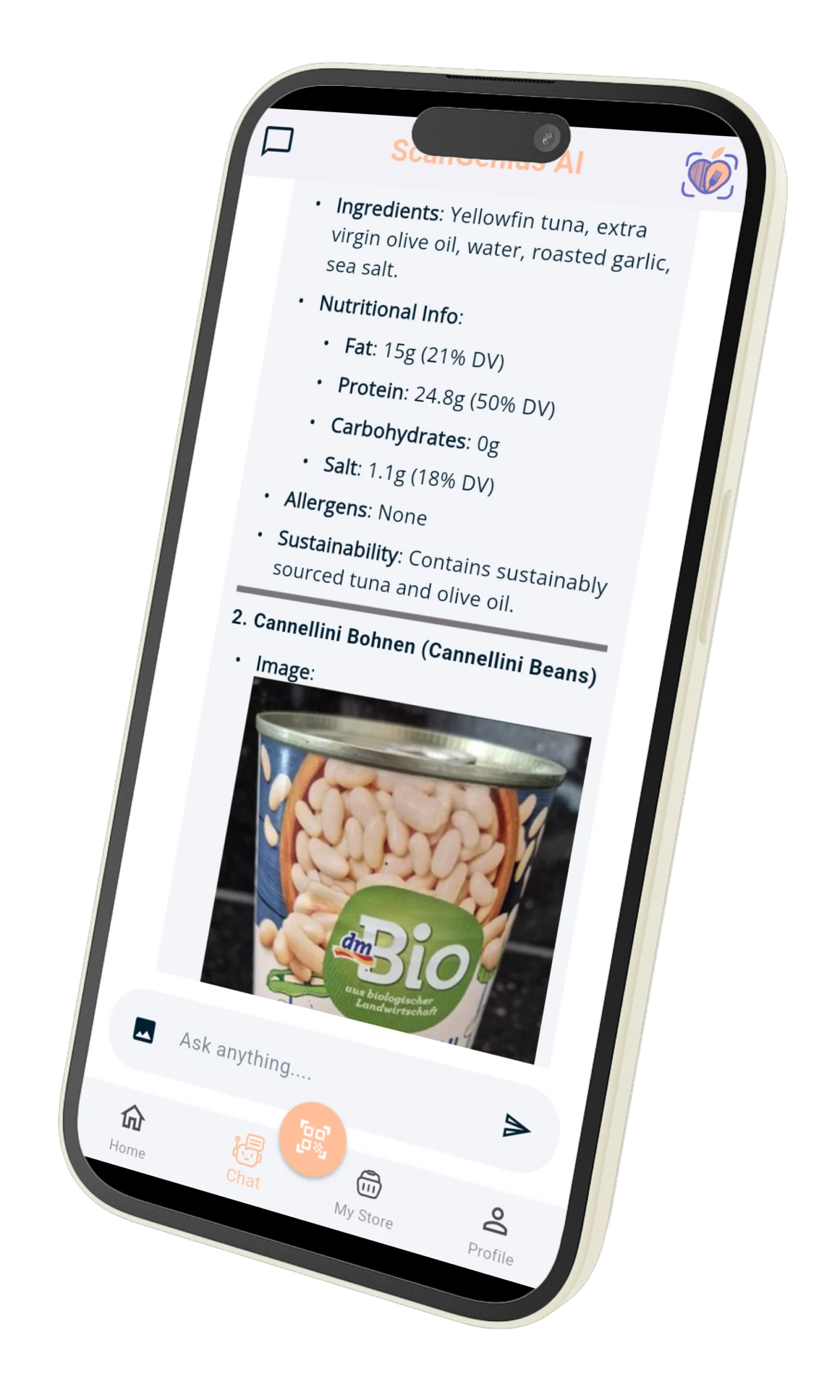
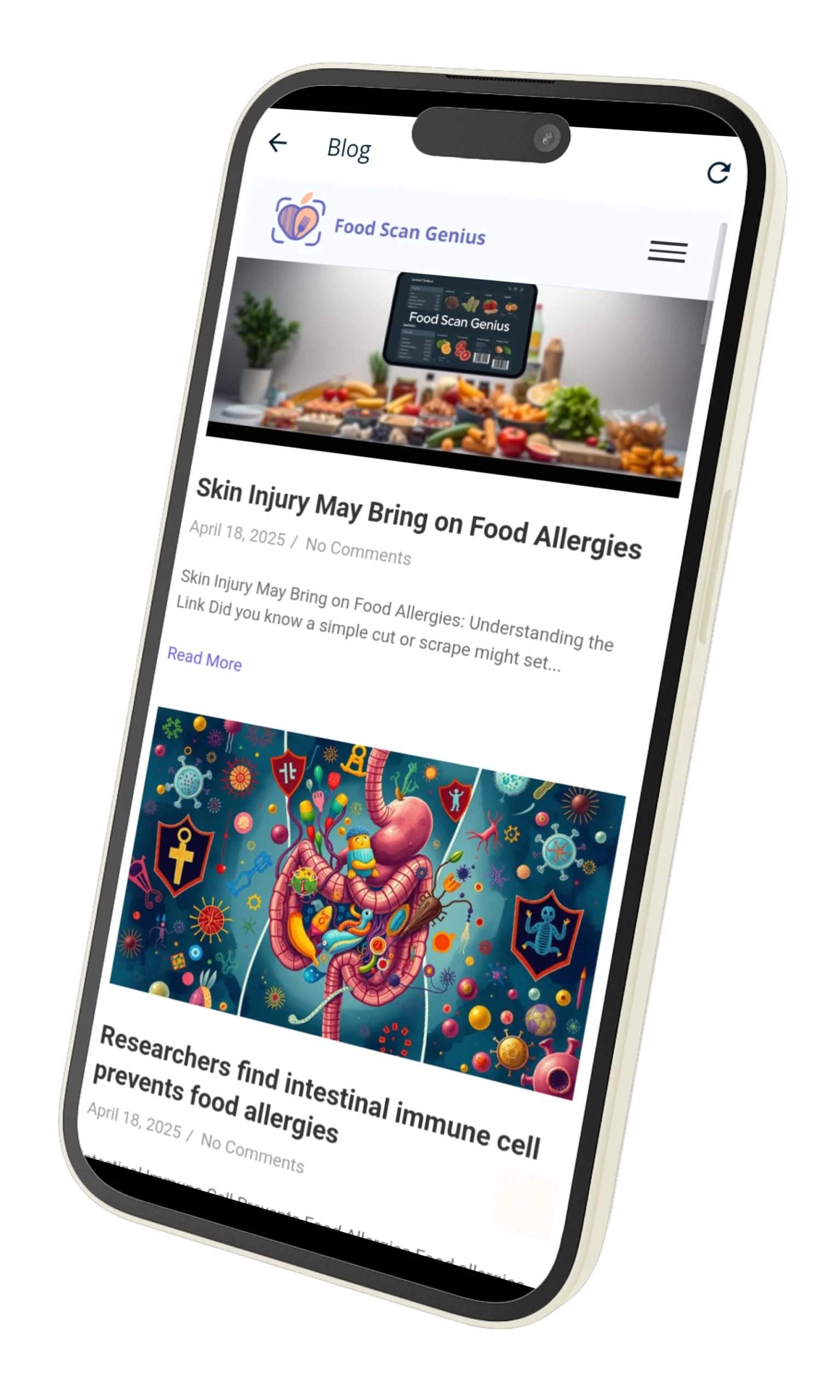
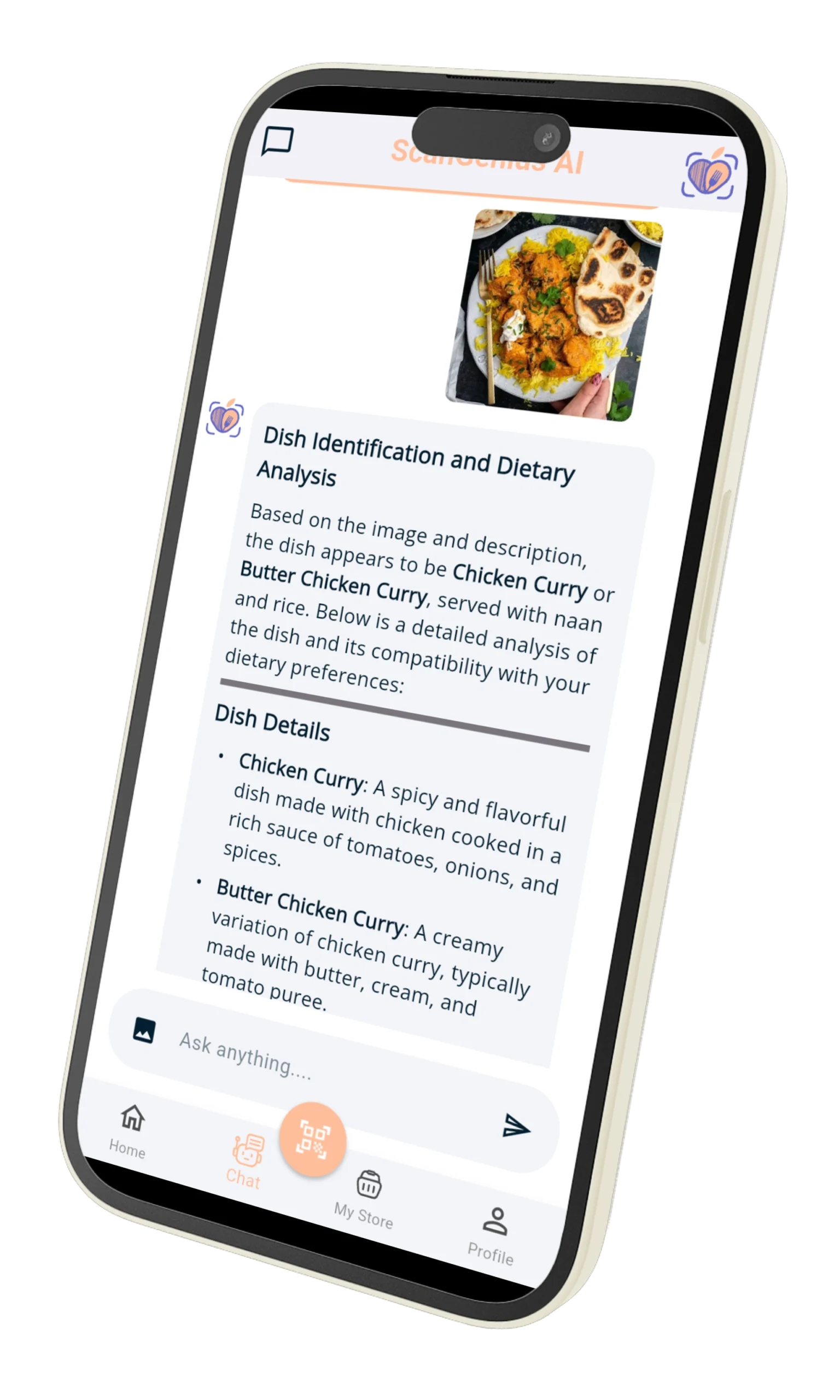

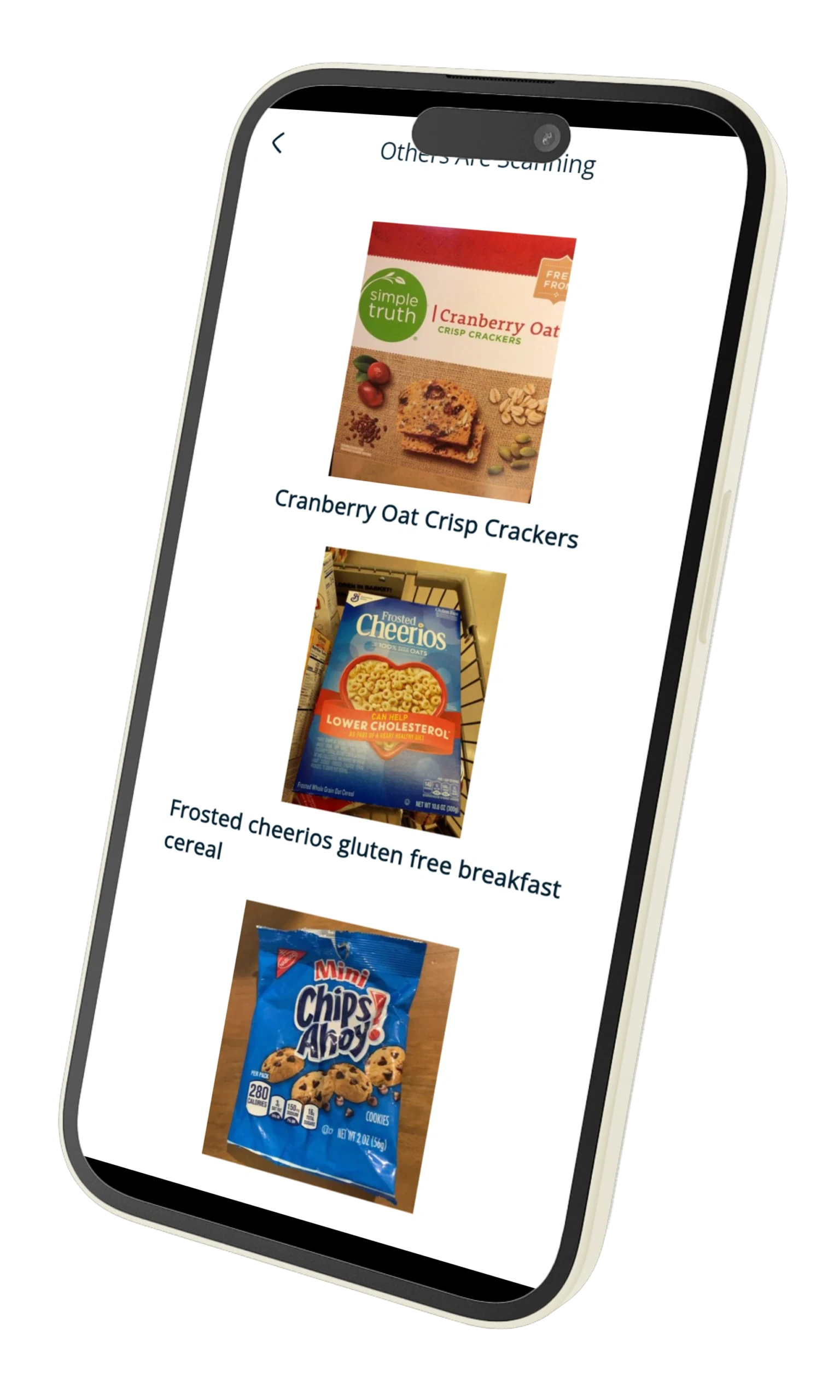

Discover the latest TMRW Coin price forecast and how blockchain and AI are shaping the future of investment. Stay ahead...

Discover what happens when a man eats 150 eggs in 5 days! See his shocking body reactions and expert health...

Vegan and vegetarian options are becoming mainstream in Nanaimo, says VegFest organizer. Discover the plant-based food trend in the community.
Selecting product based on their product labels can be hard. Many foods contain hidden celery sensitivity triggers, and ingredient terms aren’t always obvious. Our AI scans and filters food labels across thousands of products to help you make smarter choices.


"Food Scan Genius has truly transformed my grocery trips. With dietary restrictions, finding suitable foods used to be a hassle, but now I feel confident and informed with each scan. It's such a relief to know exactly what I'm buying. Highly recommend for anyone with food sensitivities!"

"Food Scan Genius has revolutionized the way I navigate the grocery store. With just a simple scan, I can determine if a product fits my dietary needs. The app's personalized profiles have made it easy to manage my family's different dietary restrictions. Thank you, Food Scan Genius!"

"Food Scan Genius has been a game-changer for me. As someone with multiple food allergies, it was always a struggle to find safe options. This app has made grocery shopping and dining out so much easier and stress-free. I can't imagine life without it!"
"You know, dealing with food allergies and dietary restrictions is no walk in the park. Trying to figure out what's safe to eat can be such a hassle, especially when ingredient lists and labels seem like they're written in another language. I just want to make sure I'm not risking my health with every bite. That's why I’m so glad I found Food Scan Genius. It makes everything so much easier by scanning and analyzing labels for me. Now, I can shop with confidence knowing I'm making safe and informed choices."
FoodScanGenius is a powerful and user-friendly app that allows you to scan barcodes and obtain detailed information about food ingredients. It helps you make informed choices by providing comprehensive data about allergens, dietary restrictions, and nutritional content.
Food Scan Genius is available for both iOS and Android devices. You can download the app for free from the App Store or Google Play Store. Download Food Scan Genius today and experience the freedom of effortless and safe food selection. Take control of your diet and embrace a healthier, allergen-conscious lifestyle with Food Scan Genius.
While the app offers a range of free features, including the barcode scanner and allergen database, there is also a premium version available that unlocks additional features, such as unlimited scans, personalized recommendations, and exclusive discounts.
We take data security and privacy seriously. FoodScanGenius follows industry best practices to safeguard your personal information. For more details, please refer to our privacy policy.
If you have any additional questions, feedback, or need assistance, please don't hesitate to reach out to our support team at 'help@scangeni.us'. We're here to help!

This page is part of Food Scan Genius dietary preference directory, helping shoppers with food sensitivities find safe food products. Our AI technology screens ingredient lists for hidden triggers, allergens, and compliance with dietary choices.
Food Scan Genius is an offering from ScanGeni Ventures Pvt Ltd, an ‘AI first’ company driving value for the next generation of consumers. Get in touch with us to learn more:
© 2025 All rights reserved by ScanGeni Ventures Private Limited